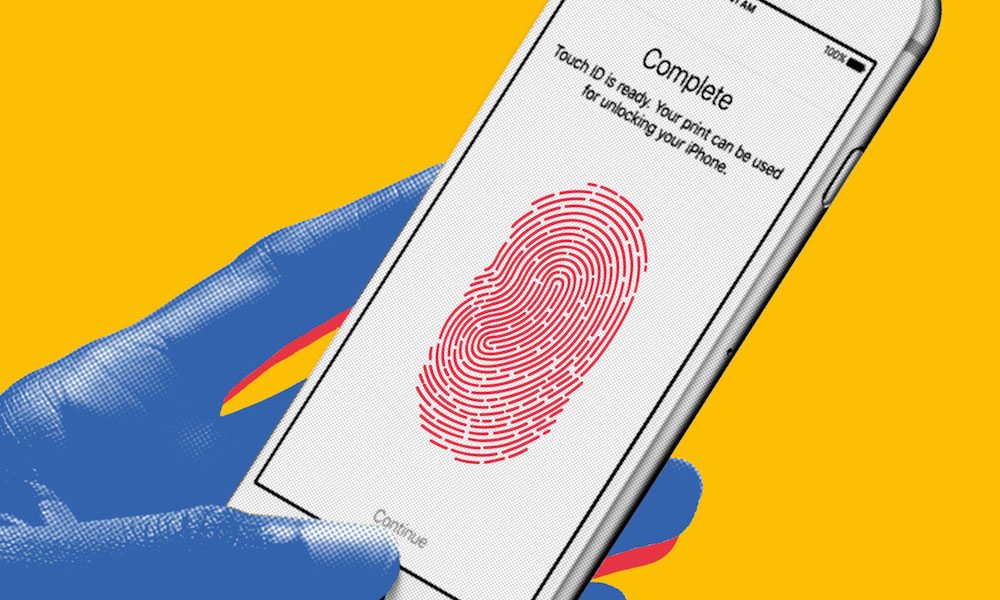Special Agent Reveals Apple and the FBI Are Closer Than You Think

Toggle Dark Mode
From an outside perspective, Apple and the FBI are seemingly two entities at odds with each other. But a recent report suggests that it isn’t quite that simple.
Special Agent John Bennett, who is in charge of the FBI’s San Francisco office, recently revealed to Forbes how the relationship between the Bureau and the Cupertino tech giant is actually improving. As the publication puts it, Bennett is acting as a “peacemaker” in what it calls the Crypto Wars.
As tech companies continually improve their encryption and security systems in order to provide their consumers with better digital privacy, the FBI must also figure out how to bypass those systems to catch criminals. And it seems that a tech company’s first commitment is to its customers.
This battle famously culminated in the dustup between Apple and the FBI following the San Bernardino shooting, in which Cupertino famously refused to create a backdoor that would have allowed the Bureau to gather evidence from one of the shooter’s iPhones.
But Bennett, who was actually a pivotal figure in that incident, explained how Apple and the FBI are much closer than the public believes. “We have a great relationship with (Apple) from a local field perspective, but also from understanding products and what they do from an engineering standpoint,” Bennett said.
“A lot of people made a lot of hay that everyone was at war with each other…,” Bennett said. “Apple is a great company that we have tremendous respect for.”
Apple Trains Law Enforcement
In fact, the Forbes report also revealed that Apple actively trains the FBI and other law enforcement entities. While Apple doesn’t train the FBI in actively cracking its encryption, it does walk agents through other opportunities for data collection. “They’ve offered training for Mac forensics and they do that for a lot of law enforcement,” Bennett said.
Apple reportedly trains the FBI and other law enforcement organizations for free, and in many cases, it spends quite a bit of that time educating local and regional authorities about its technology and Apple-centric data collection.
It’s not just a one-way street, either. Bennett explained how the Cupertino company can be a victim of malicious attack, too. When that happens and “employees get in harm’s way,” Bennett said that Apple calls the local FBI office to get help.
But, other than what Forbes reveals, there’s little to no information on how Apple trains law enforcement — and it’s an issue that the company has never acknowledged publicly.
It’s Not All Peace, However
While Apple has been offering metaphorical olive branches to law enforcement entities in recent times, there’s still some love lost between the two groups.
Last week, an FBI forensic expert lashed out at Apple, calling them “jerks” and “evil geniuses” for creating encryption that’s increasingly hard to crack. And when Apple attempted to extend an olive branch in the wake of the Texas school shooting, it never heard back.
Bennett himself isn’t entirely onboard with how Apple continually improves its encryption system, but he says he understands why Cupertino does so. “They’ve in an interesting environment where they have to service a legal process from agencies, from FBI to GCHQ to Chinese to Russian services. They are trying to make sure everyone is playing from a level field,” Bennett said.
The FBI agent added that Apple, for its part, has tried to “engineer its way out” of having access to people’s data. That, as Bennett adds, adds to the balance between safety and privacy. “We’re not here to say one is better than the other,” he said.






